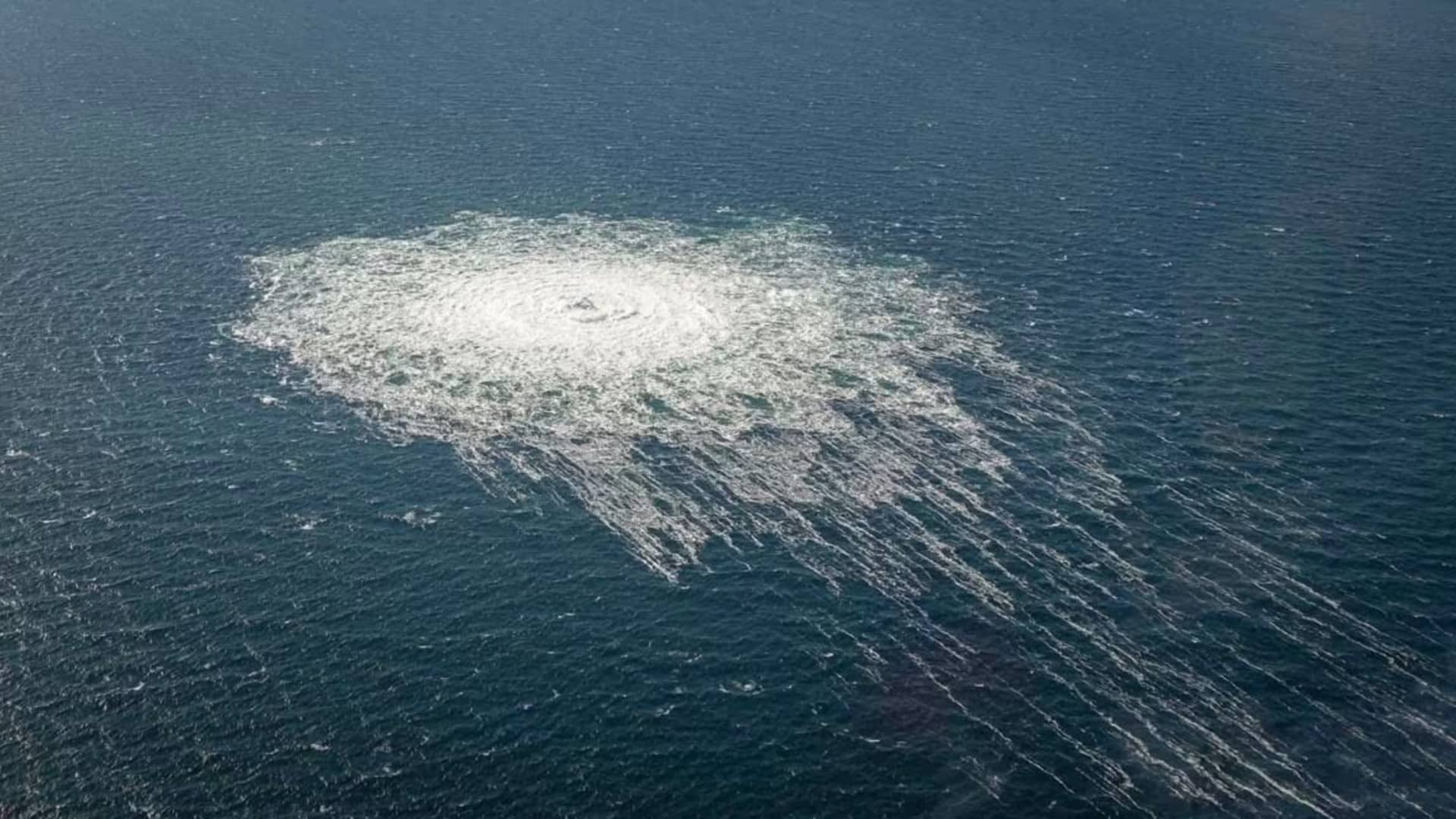Spain says Nord Stream gas leaks likely a deliberate act — and points the finger at Russia

Spanish Energy Minister Teresa Ribera said Thursday that the damage caused to the two subsea Nord Stream gas pipelines was likely an intentional attack linked to the Russian government.
“It was a deliberate act and in my opinion it can very likely be linked to the push for constant provocation by the Kremlin,” Ribera told reporters, according to Reuters.
Russia’s Foreign Ministry was not immediately available to comment when contacted by CNBC Thursday morning.
Kremlin spokesperson Dmitry Peskov said Wednesday that claims Russia was behind the suspected attack were “stupid.”
The cause of the gas leaks is not yet known. Swedish police are currently investigating the leaks and the European Union suspects sabotage, particularly as the incident comes amid a bitter energy standoff between Brussels and Moscow.
The Nord Stream 1 and 2 gas pipelines connect Russia to Germany via the Baltic Sea.
Seismologists on Monday reported explosions in the vicinity of the unusual Nord Stream gas leaks, which are situated in international waters but inside Denmark’s and Sweden’s exclusive economic zones.
The explosions sent gas spewing into the Baltic Sea. Denmark’s armed forces said video footage showed the largest gas leak created a surface disturbance of roughly 1 kilometer (0.62 miles) in diameter, while the smallest leak caused a circle of approximately 200 meters.
EU foreign policy chief Josep Borrell warned of “robust and united” retaliatory measures if evidence of deliberate disruption was uncovered.
His comments echoed European Commission President Ursula von der Leyen, who pledged any deliberate disruption of active European energy infrastructure would lead to the “strongest possible response.”
Notably, neither directly accused Russia of being responsible for the suspected attack.
Russian ships reportedly seen in vicinity of the leaks
U.S. news channel CNN reported Thursday, citing three unnamed sources, that European security officials observed Russian navy support ships and submarines near the area of the leaks in the Nord Stream gas pipelines.
When asked to comment on the CNN report, the Kremlin’s Peskov said there had been a much larger NATO presence in the area. NATO did not immediately respond to a request for comment from CNBC.
The North Atlantic Council, the principal political decision-making body of the Western military alliance NATO, said in a statement Thursday that “any deliberate attack against Allies’ critical infrastructure would be met with a united and determined response.”
“All currently available information indicates that this is the result of deliberate, reckless, and irresponsible acts of sabotage. These leaks are causing risks to shipping and substantial environmental damage,” the council said.
Neither pipeline was pumping gas at the time of the leaks but both lines were still pressurized: Nord Stream 1 stopped pumping gas to Europe “indefinitely” earlier this month, with Moscow’s operator saying international sanctions on Russia prevented it from carrying out vital maintenance work.
The Nord Stream 2 pipeline, meanwhile, never officially opened as Germany refused to certify it for commercial operations due to Russia’s invasion of Ukraine.
— CNBC’s Holly Ellyatt contributed to this report.



